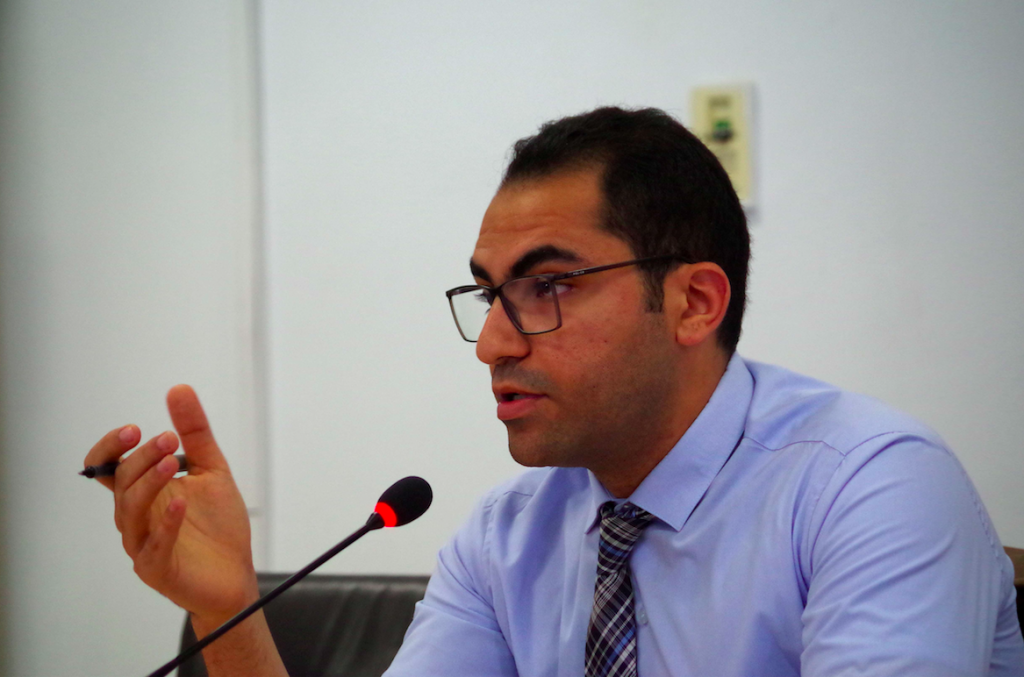
Monday 8 April, 11.00-13.00
Sala Belvedere, Villa Schifanoia
Abstract | It is claimed that the prolonged inauspicious prospects of democratisation in the Arab Muslim world is due to cultural reasons that are related to Islam and the Arab culture. In 2011, Egypt, the most populated Arab country, witnessed a mass revolution that ended up overthrowing the only democratically-elected president in competitive elections in Egypt’s modern history. The negative political experience that Egyptians survived in the few years that followed the revolution is argued to have led to a relapse of mass authoritarian attitudes after short-lived prospects of democratisation.
In this paper, the author shows that Egypt’s Arab Spring experience should lead us to cast doubts over the cultural argument. First, the author shows that both religious and nonreligious Egyptians behaved similarly: it was only when they perceived democracy as advantageous that they supported it. When they gained political control, however, they expressed less belief in democracy. Second, some evidence is shown that religion only mattered when it was relevant to the structure of political competition. When it is not, its effect largely disappeared.
Speaker | Mohamed Nasr joined the EUI in September 2018 as a PhD researcher in the SPS department. Before joining the EUI, he obtained a BSc in Political Science and Economics from Cairo University, a joint MPhil in Political Science from Cairo University & Hamburg University, and a MSc in Politics Research from the University of Oxford. He also works as an assistant lecturer in the department of political science at Cairo University (on leave). His research interests include democratisation, voting behaviour, research methods, and statistical and causal inference.



